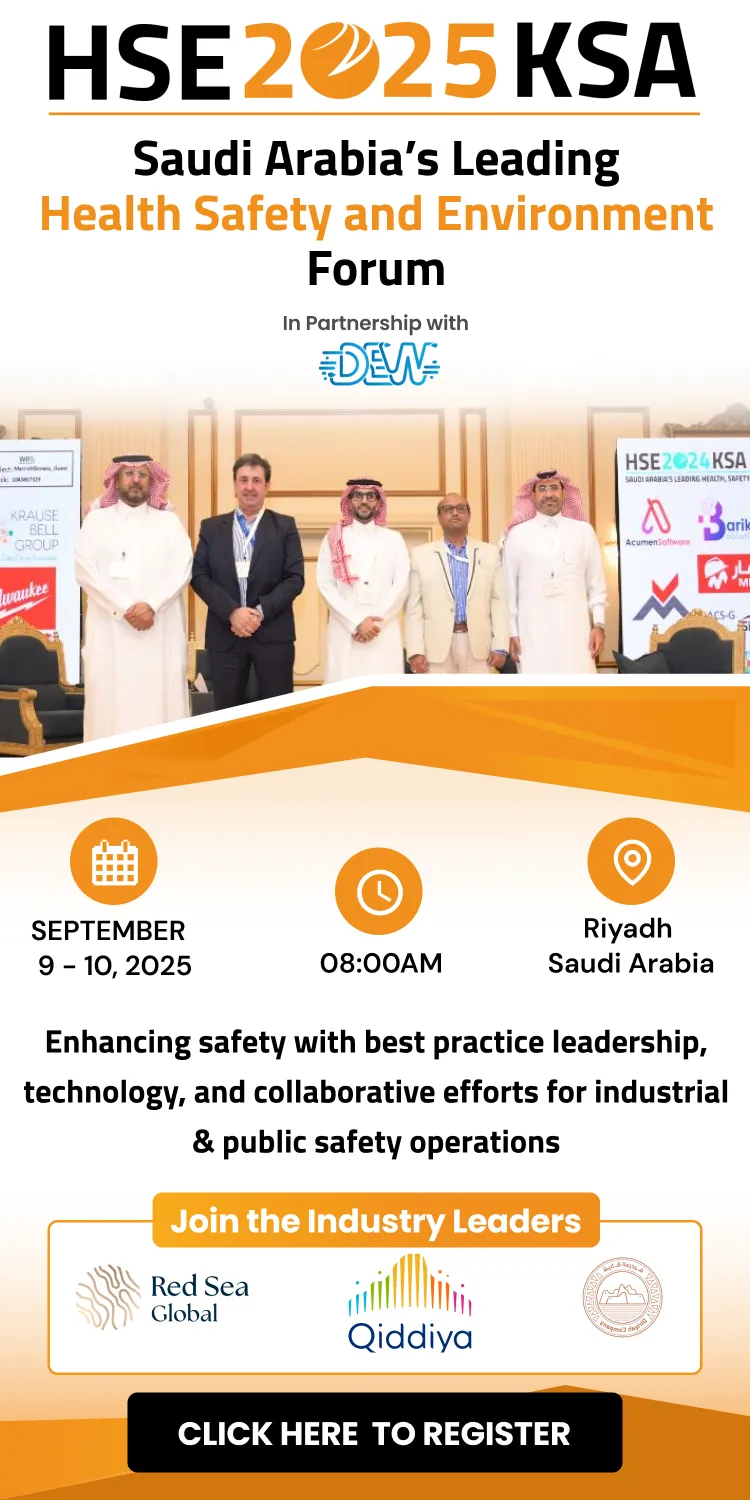According to a report released by Honeywell, 81% of surveyed building managers in Saudi Arabia said COVID-19 has caused them to permanently rethink how their building operates
More than six in 10 respondents (64%) are more likely to invest in indoor air quality optimisation and other healthy building solutions, while seven in 10 are now more willing to invest in smart building solutions that help drive efficiency and support sustainability efforts.
The report, ‘Rethinking Buildings Post-COVID-19’, is the first in Honeywell’s 2021 Building Trends series, and introduces the challenges, priorities and assessments of surveyed building managers in Saudi Arabia as well as the US, Germany and China, across the education, healthcare, data centre and commercial real estate industries. It focuses on COVID-19’s impact on building trends and building managers’ priorities — now and in the future.
“The COVID-19 pandemic has accelerated digital transformation and is prompting Saudi Arabia’s building leaders to reconsider their operational strategies and invest in smarter, healthier technologies,” said George Bou Mitri, president and general manager, Honeywell Building Technologies, Middle East, Turkey and Africa. “As occupants become more aware of how the buildings they use for work, school and leisure can affect their well-being, they are increasingly looking for new procedures with efficient, sustainable solutions that better support their safety, comfort and enhance their experiences, in the immediate and longer-term.”
The results from the survey of building managers in Saudi Arabia underscore four key themes:
A healthy building is a top priority and will remain important. More than two in three (69%)respondents consider it an immediate priority that the buildings they occupy are healthy, and nearly the same number of respondents (73%) say this will continue to be a top priority post-pandemic. Implementing health screening protocols and monitoring compliance to new regulations rank as the most important aspects of a healthy building overall among Saudi Arabia’s respondents. When looking at priorities of specific verticals, indoor air quality is the most critical for those managing healthcare facilities, while data centres and commercial real estate facilities require the implementation of health screening protocols.
Digital transformation of facilities is accelerating. Since the start of the COVID-19 pandemic, nearly three quarters (73%) of respondents have seen digital transformation accelerates at a pace as the need for remote building management became more acute. Nearly all surveyed building managers (97%) say that remote building management is important now and 71% of respondents indicate they are more willing to invest in smart building solutions that drive efficiency or sustainability, including data aggregation, machine learning and artificial intelligence.
The pandemic is likely to have a lasting impact on building management and operations. Of the surveyed building managers in Saudi Arabia, 81% indicate COVID-19 has prompted their building to rethink its modes of operation. Many believe changes and upgrades made during the pandemic will be kept in place in some form, with 41% expecting updates to the air quality system to remain permanent. COVID-19 is also driving building managers to adjust their priorities and investments. For example, 64% are more likely to invest in indoor air quality optimisation and other healthy building solutions and 61% are more willing to invest in occupant experience solutions like contactless building access, smart parking and personalised experiences.
Respondents are interested in upgrades to improve the occupant experience, with a contactless building experience ranking highly. Among those surveyed in Saudi Arabia, there is strong interest in upgrades that will result in improving indoor air quality and energy efficiency, boosting sustainability efforts and supporting an inviting and innovative building environment. Yet respondents’ input shows a gap in the technologies currently deployed in buildings. Nearly two-thirds of those surveyed say the buildings they manage do not have air quality solutions (68%), integrated lighting that improves occupant productivity (66%), contactless building entry (62%), or an app that provides real-time information on building health (67%).





